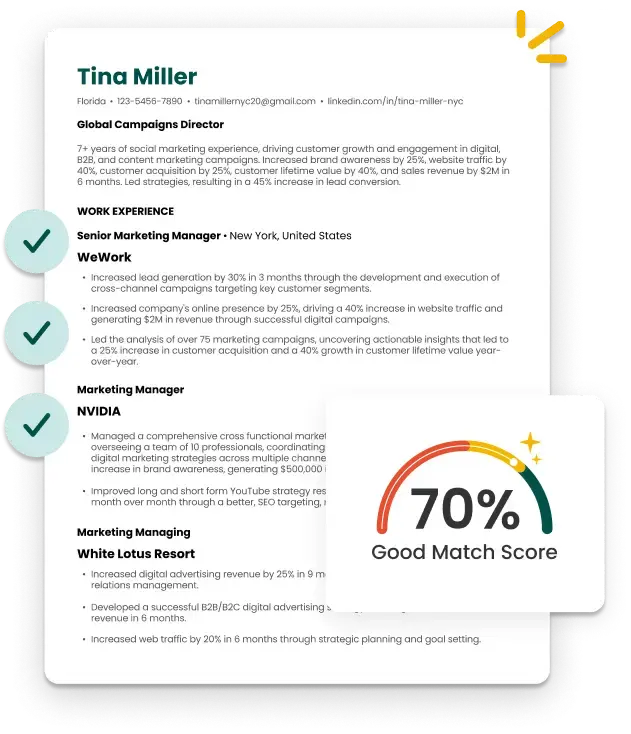About the position
Graduating your master’s program is an exciting time filled with mixed hope and uncertainty. The idealism and zeal for learning is met with the complexity of the clinical landscape and licensing requirements. You’re ‘thrown from the nest’ of your graduate program, and while you’re prepared for what’s next, you’re often left to cobble together work experiences and supervision that count for licensure. The worst case scenario is finding yourself in a role where it’s all about work– where the first thing that goes out the window is your learning. This is why our fellowship exists. What if you could find a job that included most of your supervision? A role in an interprofessional clinic where you could learn from other professions, not just your own? A role that isn’t just a job but part of a training program where you could be part of a learning cohort with other folks at your same licensure stage? What if that role was salaried, with a steady, predictable paycheck, not variable gig work? A position where you didn’t have to worry about having enough of the right type of clients and had the autonomy to choose your caseload. What if there was a position that was about your learning, not just churning out billable hours? Lorenz Clinic pioneered post-master’s fellowships in Minnesota, and it’s a model that’s now been replicated the field over. The advent of a training placement– not just work experience– where professional counselors, marriage & family therapists, and clinical social workers would be freed up to do what they went to school for has been truly innovative. At the time of its inception, our fellowship was relatively novel in the region, and we consider it to be our clinic’s main contribution to the field. Here, our alumni found fellowship. They learned what the words “colleague” and “professionalism” mean. They’ve discovered their professional callings and have deepened their sense of community. They encountered supervisors who supported and challenged them, reflecting back to them who they were as budding clinicians, calibrating their sense of professional self and introducing them to the field. As Bowlby said about formative relationships, “these bonds persist.” Our graduates have carried with them a truly distinctive network whose members now include some of the most well-respected leaders on the regional mental healthcare scene. They’ve made good on academia’s pact with society– that university should be a means to change the world, not an exercise in personal enrichment. Our graduates have founded their own clinics, greatly expanded client access, become policy leaders, or led professional associations. And they trace their roots to this very program you are considering at Lorenz. Our Post-Master’s Fellowship is a position designed to help amplify your learning and get licensed. The fellowship follows a cohort model so that you can leverage a group of interprofessional peers to further your learning. The program’s myriad benefits aren’t easily reduced to a bulleted list, soundbite, or tweet, so we encourage you to learn more about the program by visiting our website.
Responsibilities
- Provide psychological services including diagnostic assessment, treatment planning, psychotherapy, and discharge planning under supervision
- Carry and maintain a psychotherapy caseload as assigned, either in-clinic or in-home depending on assigned clinical program
- Provide individual, couples, group, or family psychotherapy as assigned by supervisor based on prior preparation, established learning goals, and program need
- Attend and actively participate in individual and/or group supervision, case consultation, training activities, Grand Rounds, team meetings, and other meetings as required
- Conduct at least two formal, scholarly presentations during the two-year fellowship, one to colleagues and one to the public
- Other duties as assigned
Requirements
- A master’s degree in psychology, clinical counseling, Marriage & Family Therapy, Social Work, or similar field from a regionally-accredited academic program
- Successful completion of a clinically-focused, master’s-level practicum or internship that involved diagnosis, treatment planning, and psychotherapy
- Must have a declared mental health licensure track in Minnesota and comply with requirements for licensure or board certification as a mental health professional including supervised practice in the delivery of mental health services for the treatment of mental illness
Nice-to-haves
- Interpersonally secure, open, flexible, curious candidates
- Candidates with the potential to have a positive impact on the profession
Benefits
- Student Loan Repayment
- Paid Burnout Time
- Up to 12 weeks of paid parenting leave regardless of gender
- A 401k with 401k matching
- Medical insurance
- Dental insurance
- Vision insurance
- Life insurance
- Short- and long-term disability insurance
- Paid time off
- Paid holidays
- Paid service/volunteer time
- Employee assistance program
- Flexible schedule
- Hybrid options
- Professional development assistance
- Healthcare Savings Account
Job Keywords
Hard Skills
- Clinical Psychology
- Discharge Planning
- Family Therapy
- Mental Health
- Treatment Planning
- Co2cwyO KHb2Q
- QobSGeA GHV4ZA5
- rBQSUHT2I iME9z0hB6

A Smarter and Faster Way to Build Your Resume